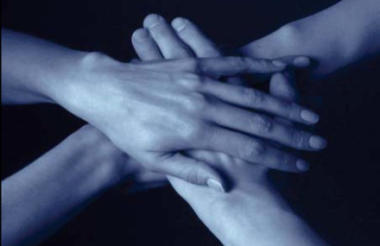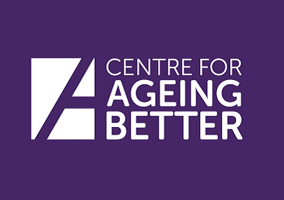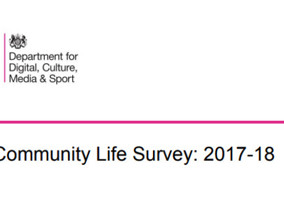What does it mean to be part of a community? Every year, the Community Life Survey seeks to map out the ways in which the British public connect with the people around us, and how connected we feel to our areas and to our neighbours. One central measure is the number of people volunteering – be that formally, with a charity, or informally in our neighbourhood.
This year’s survey shows a decline in the number of people volunteering in their communities. This is a worrying trend: many charities, organisations and community groups rely on the efforts of dedicated volunteers, and would struggle to sustain their activities without them. So, what’s behind the falling numbers? And what can we do about it?
More diverse older volunteers
Last year, we carried out a review of community contributions in later life. We found that many people in later life are strongly engaged in volunteering, either through formally donating their time to a charity or through helping out their friends and neighbours informally, and that this has a hugely positive impact on both volunteers and their communities. But we also identified a risk of declining volunteer numbers.
Many charities rely on a "civic core" of highly engaged individuals – who tend to be wealthier, white, and in good health. But our older population is becoming more diverse, and more people are living with long-term health conditions. This means it’s crucial that voluntary organisations are able to recruit volunteers from a diverse range of backgrounds.
We know that charities are already doing this – and making real progress in diversifying their volunteer base. But there are still significant barriers people face to getting involved in their communities – especially people from lower-income backgrounds. The new government figures show this starkly: people from the least deprived backgrounds are twice as likely to volunteer regularly as those from the most deprived backgrounds. Volunteering can have huge benefits for individuals, from increasing social connections to boosting self-esteem and wellbeing, but too many people are currently locked out from accessing these benefits.
But it’s not all bad news. When we spoke to organisations supporting volunteers, we found a huge amount of good practice, innovation and imaginative ways that they are making their volunteering inclusive for people of all ages and from all backgrounds. This ranged from the practical, like providing travel expenses up-front, to the emotional – making sure volunteers know that their contributions are valued. These can make a huge difference in recruiting and retaining a resilient, diverse base of volunteers, and opening up the amazing opportunities afforded by volunteering to many more people.
Volunteering, though, is only part of the picture. These figures, like many others we’ve seen in recent years, report a decline not just in volunteering but in civic participation, consultation and social activism. We know that our local areas are changing – although statistics like these don’t give us all that much information about how, or why. At the Centre for Ageing Better, we’re keen to explore how future surveys could better reflect equality and diversity issues: for example, the survey itself is carried out mostly online, and so already risks excluding people who aren’t able to access it in this way.
A way to connect
At the same time, while the survey reports high levels of feelings of ‘belonging’, both to people’s own neighbourhoods and to Britain in general, we know there has been a major increase in hate crime round antisemitism, Islamophobia and homophobia. Similarly, this year’s survey tells us that black people are more likely to agree that they can influence local decisions than white, Asian or mixed race people – but in the context of rising knife crime, the Grenfell tragedy and the Windrush scandal we also know that there is a strong sense of disempowerment among black communities. It’s clear that the picture here is far from simple. There’s a lot of work we can do to explore the deep complexities that exist in our communities when it comes to questions of contribution, connection and belonging.
At the Centre for Ageing Better, we recognise the enormous value of feeling embedded in our communities, particularly in later life. Volunteering is a vital way in which we connect with the people around us, and it’s crucial that those opportunities are open to all. At the same time, we need to look harder at the other ways in which people engage with their local areas, and work to better understand the changes happening in our communities and what they mean for people’s lives.
Patrick Vernon is associate director of communities at the Centre for Ageing Better
|
Related articles












